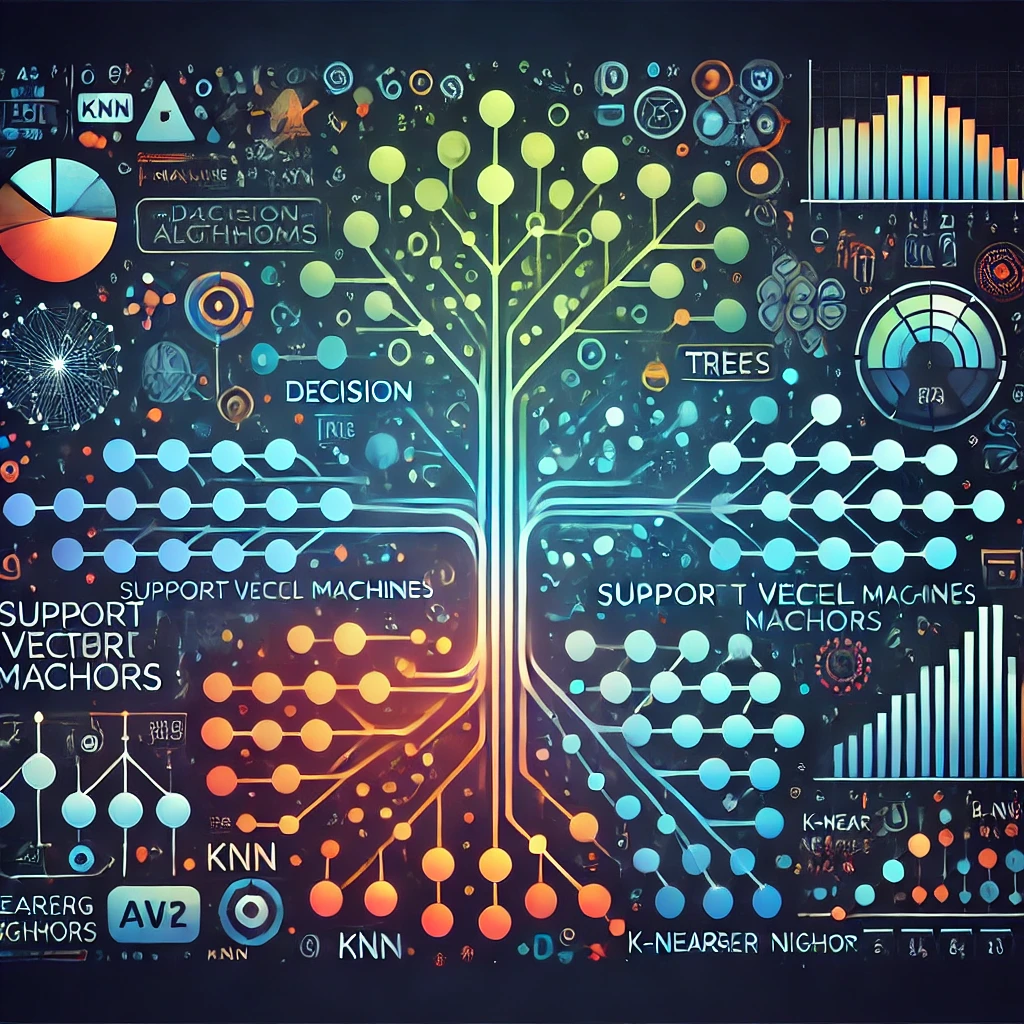Smart Homes and AI: Devices and Applications Making Homes Intelligent and Automated
In recent years, the concept of smart homes has transitioned from a futuristic dream to a tangible reality. The integration of Artificial Intelligence (AI) with smart devices has revolutionized how we interact with our living environments, making homes more intelligent and automated. This blog post explores various devices and applications that contribute to the evolution of smart homes.
What is a Smart Home?
A smart home uses internet-connected devices to enable remote management and monitoring of systems and appliances. These homes can be controlled from any internet-enabled device, allowing homeowners to manage their settings, monitor energy usage, and enhance security.
The Role of AI in Smart Homes
Artificial Intelligence enhances smart home technology by enabling devices to learn user preferences, automate routine tasks, and make informed decisions. Here are some key functionalities AI provides to smart homes:
- Automation: AI can automate various home functions, such as adjusting lighting based on the time of day or temperature control.
- Predictive Analysis: Smart devices can predict user behaviors and adjust settings presumptively. For instance, AI can learn when a homeowner usually wakes up and pre-adjust the thermostat for optimal comfort.
- Voice Recognition: Many smart devices utilize AI-powered voice assistants, allowing homeowners to control their devices through voice commands.
- Enhanced Security: AI algorithms can monitor security camera feeds to detect unusual activities and notify homeowners accordingly.
Popular Smart Home Devices
Here’s a closer look at some of the most popular smart home devices that harness the power of AI:
1. Smart Thermostats
Smart thermostats, like the Nest Learning Thermostat, learn the homeowner’s habits and can adjust heating and cooling settings automatically, optimizing comfort while saving energy. Features include:
- Remote control via smartphone app
- Energy usage reports
- Integration with other smart devices
2. Smart Speakers and Voice Assistants
Devices like Amazon Echo and Google Home serve as central hubs for smart homes, allowing users to control connected devices using their voice. They can also provide information, set reminders, and play music, creating a multifunctional environment.
3. Smart Security Systems
AI-powered security cameras and systems, such as Ring and Arlo, offer features like:
- Real-time alerts for suspicious activities
- Facial recognition capabilities
- Two-way audio communication
4. Smart Lighting
With smart lighting systems such as Philips Hue, homeowners can adjust brightness and color or create lighting schedules to align with their daily routines. AI can also adjust lighting based on the time of day or occupancy.
5. Smart Appliances
From refrigerators that can track inventory to washing machines that optimize water usage, smart appliances can revolutionize the daily chores. AI integration enables:
- Remote control to start or stop appliances
- Notification systems for maintenance needs
- Energy-saving modes based on usage patterns
Applications of Smart Home Technology
Smart home technology is not limited to just devices; various applications facilitate comprehensive management of home systems. Here are some noteworthy applications:
Home Automation Hubs
Platforms such as SmartThings and Apple HomeKit allow users to integrate various smart devices under one umbrella, simplifying management. Users can set up scenarios, or “scenes,” that manage multiple devices simultaneously.
Energy Management Apps
Apps like Sense or EnergyHub help track energy consumption throughout the home, providing insights and suggestions for reducing energy bills. These applications can leverage AI to analyze patterns and provide tailored recommendations.
Health Monitoring Systems
AI plays a crucial role in monitoring health within a smart home environment. Devices such as smart beds can track sleep patterns, while smart wearables can sync with home systems to provide real-time health data.
The Future of Smart Homes and AI
The integration of AI in smart home technology is just the beginning. The future promises even greater advances such as:
- Enhanced interoperability among devices, regardless of the manufacturer
- Further advancements in natural language processing for better voice command recognition
- Improved energy efficiency through AI algorithms
Conclusion
The combination of smart homes and AI presents a promising frontier in improving quality of life, increasing security, and creating more energy-efficient environments. As technology continues to evolve, we can expect groundbreaking innovations that will further enhance our homes’ intelligence and automation.
